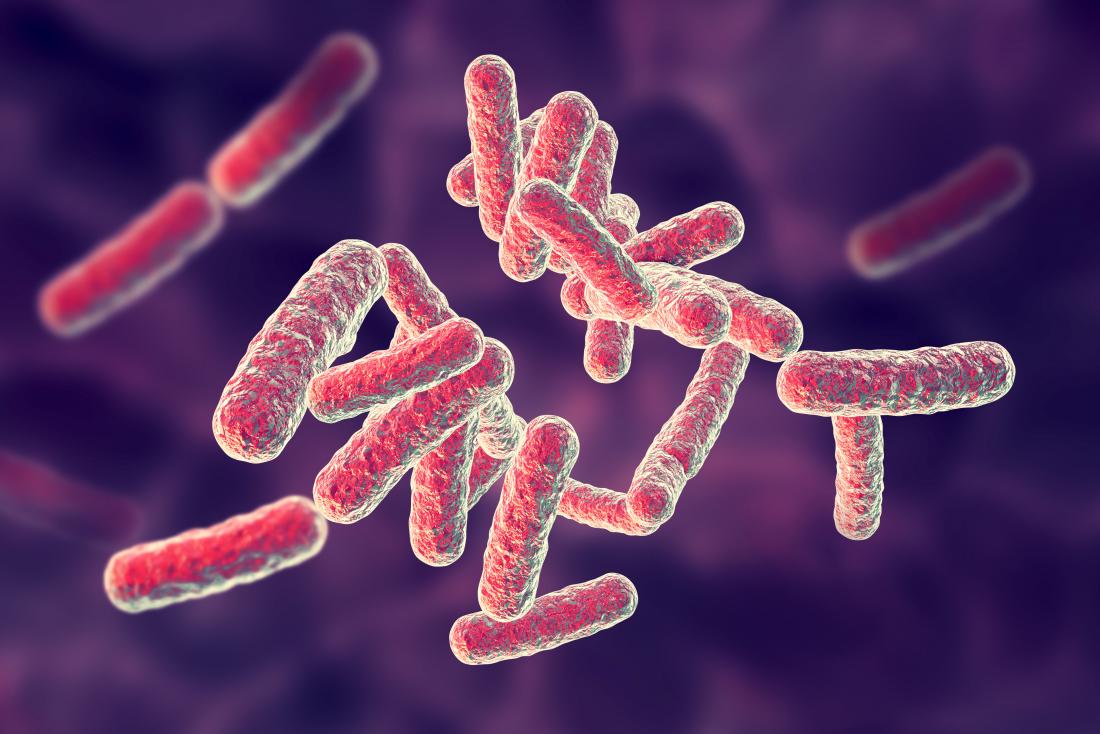How stress affects infection by parasites

From the analysis of own studies and other authors, Argentine and English researchers explained how different factors causing stress in combination with infectious agents can have a negative synergistic impact on health.
The idea is that when an individual is healthy, they can resist or tolerate infections by parasites to which they are naturally exposed. However, when it is overwhelmed by stressors and infections, this tolerance is reduced, so that infections proliferate and further deteriorate your body. In this way, a vicious circle is unleashed in which the body is increasingly deteriorated and therefore infections continue to deteriorate.
In this situation the animals are less prepared to defend themselves from the various pathogens they have to face. It is a notion that was later enriched with a component as relevant as stress as a mechanism. However, when the system deteriorates beyond a threshold, a problem that is increasingly difficult to overcome is unleashed. We see it many times in nature evidenced as drastic population collapses.
In populations there are usually natural levels of stress, which can sometimes increase greatly, such as when there is a population peak. During periods of high population abundance, there is a great exposure to parasites that cause deterioration in the condition of individuals, and in turn there is a lack of food and a lot of social stress. This would be a natural control mechanism. Parasites are part of the ecosystem and their role is to control their prey, their hosts.
However, when these stressors are originated by man a great problem is triggered, since the mechanism is triggered in false. In geological terms, man appeared very recently. The history of life is about 4 billion years old and the human being is just 200 thousand. We have become a plague about 200 years ago and the animals are without an evolutionary history that has adapted them, which makes many populations decline and some become extinct.
In this sense, said that one of the ways in which man produces stress is introducing species that do not correspond to a particular ecosystem: There are animals that must deal, for example, with the competition of cows, which generates stress. They also introduce parasites and pathogens that infect the animals of a certain place. In a clearing that removes a habitat can also generate nutritional stress due to lack of food or climate change, which produces lack of comfort. All that stress adds to other stressors that are natural and, sometimes, in a synergistic way that organisms can’t tolerate.
The consequence is that it suffers a large proportion of the species, while others can benefit, such as parasites, for example, or arthropods that can be vectors. It always happens like this with these drastic changes. In fact, the mechanism of regulation of the densities of a species can be triggered in false if there are many stressors that are not given by the high density, but because the human interferes. This situation can have significant implications for the conservation of biodiversity and public health. The development of formulas based on nature has produced many benefits for health since those who are infected by parasites can try one of these herbs-based formulas to overcome their problems, the problem of stress control is always a major concern in the world of health.




